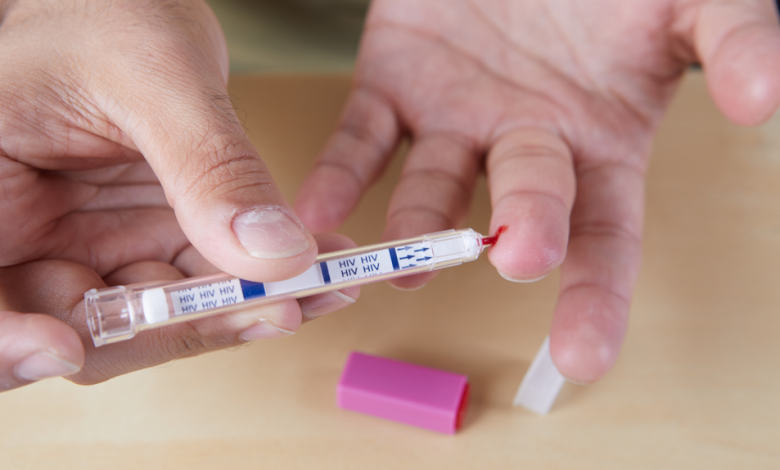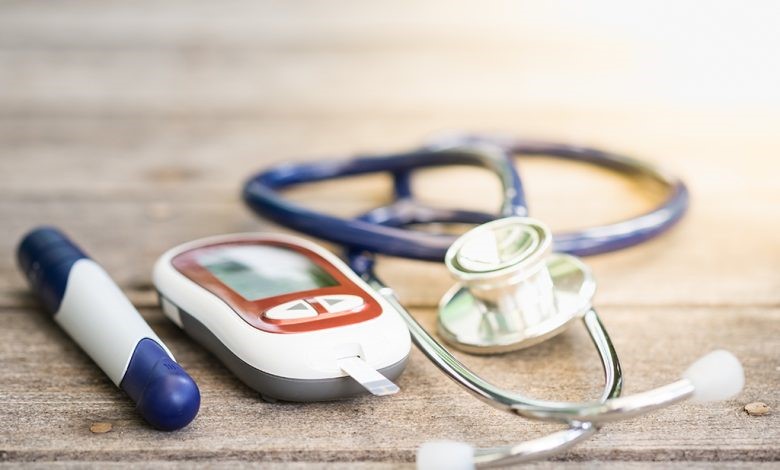No HIV test can detect infection immediately upon exposure. Immediately consult your health care practitioner about post-exposure prophylaxis (PEP) if you believe you have been exposed to HIV within the previous 72 hours.
The time when an individual may have been exposed to HIV and when a test can definitively determine if they have the virus is known as the window period. The window duration varies from person to person and is dependent on the HIV test employed. Inquire with your healthcare provider or test counsellor about the test’s window period.
- A nucleic acid test (NAT) may often detect HIV infection 10 to 33 days after exposure.
- A laboratory antigen/antibody test on blood from a vein can often detect HIV infection 18 to 45 days after exposure. Antigen/antibody tests performed using finger-prick blood can take longer to see Hsee to 90 days after exposure).
- After exposure, it might take 23 to 90 days for antibody testing to reveal HIV infection. The majority of fast and self-testing are antibody tests. In general, antibody tests that utilise blood from a vein can detect HIV infection sooner than tests that use blood from a fingerstick or oral fluid.
- If you receive a negative HIV test result after a probable HIV exposure, you should be tested again after the window period. Keep in mind that you can only be sure you are HIV-negative if:
- Your most recent test occurred after the testing timeframe.
- You have not been exposed to HIV within the window period. If there is a possibility of exposure, you will need to be retested.
How long does it take for a blood test to detect HIV?
This mostly primarily on the sort of HIV test administered. The majority of laboratories now utilise what is known as a “4th generation” HIV test. This form of HIV test identifies both HIV antigens and HIV antibodies, which your body creates in reaction to the virus. It typically becomes positive three weeks after infection, and it must be positive by six weeks at the latest. If you are concerned about an HIV encounter within the past three weeks, request an HIV viral load test (also called an HIV RNA test). Typically, this test will be positive 10 days after infection. Using the assays that are now available, it is difficult to detect a recent HIV infection that occurred within the past 10 days.
The window period refers to the time between infection and seroconversion when signs of infection (p24 antigen and antibodies) are either undetectable or insufficiently present for detection. It is not always possible to detect HIV infection during the window period using diagnostic tests.
The window period for each test varies from test to test. It also depends on the tested material: window times are typically stated based on a blood plasma sample, but they are longer when the specimen analysed is fingerprick blood or oral fluid.
Plasma is the fluid component of blood isolated from whole blood using laboratory equipment. Blood from a fingerprick is taken by lancing the finger, whereas oral fluid is acquired by swabbing the gums.)
There are two essential questions to ask regarding a particular HIV test:
How soon after exposure to HIV can the test detect the presence of HIV? (Some infections, but not all, can be discovered at this time.)
How soon after HIV exposure can a person be specific sure negative test result shows they do not have HIV?
The information provided in UK testing guidelines regarding window periods is based on the responses to the second question – particularly after exposure to HIV, a specific type of test will detect 99.9 per cent of infections. A negative result is highly likely to be accurate at this point.
What are the window periods for various HIV tests?
It is impossible to specify precisely the window period that lasts due to individual variance and the difficulty of researching the topic (recently infected people would need to know precisely where they were exposed to HIV and then give multiple blood samples over the following days and weeks).
The UK and US guidelines recommend a fourth-generation laboratory test. It takes a blood plasma or serum sample. It can identify immunoglobulin G (IgG) antibodies, immunoglobulin M (IgM) antibodies, and p24 viral antigen (a protein found in the HIV viral core that can be detected before antibodies). These tests include the Abbott Architect HIV Ag/Ab, the GS Combo Ag/Ab EIA, and the Siemens Combo HIV Ag/Ab.
The average window duration is 18 days (interquartile range of 13 to 24 days). This means that fifty per cent of illnesses would be identified between 13 and 24 days following exposure.
Within 44 days of exposure, 99 per cent of HIV-positive people would be detectable.
What Are the Consequences of a Positive Test?
If you test positive for HIV, it is crucial to remember that you can live a long, healthy life with the treatment. In reality, with early treatment, HIV-positive individuals can live approximately as long as those who are not affected.
A team approach will help you to receive the necessary medical attention and assistance. Consult with your doctor, the counsellor or the social worker at the testing facility. They can offer advice on communicating with your parents or guardians and how to locate an HIV specialist in health care. It is feasible to maintain health and learn to live with HIV by beginning medication as soon as possible.
If my test results are negative, do I need to be retested?
Consult your physician, counsellor, or social worker at the testing facility to determine if you need to be retested.
Some reasons to undergo testing again include:
- Have sexual activity without a condom
- you engage in intercourse with other men
- have had sex with more than three partners in the previous twelve months.
- incur an STD (sexually transmitted disease)
- sharing needles for drug injection
- are a woman who is expecting
















